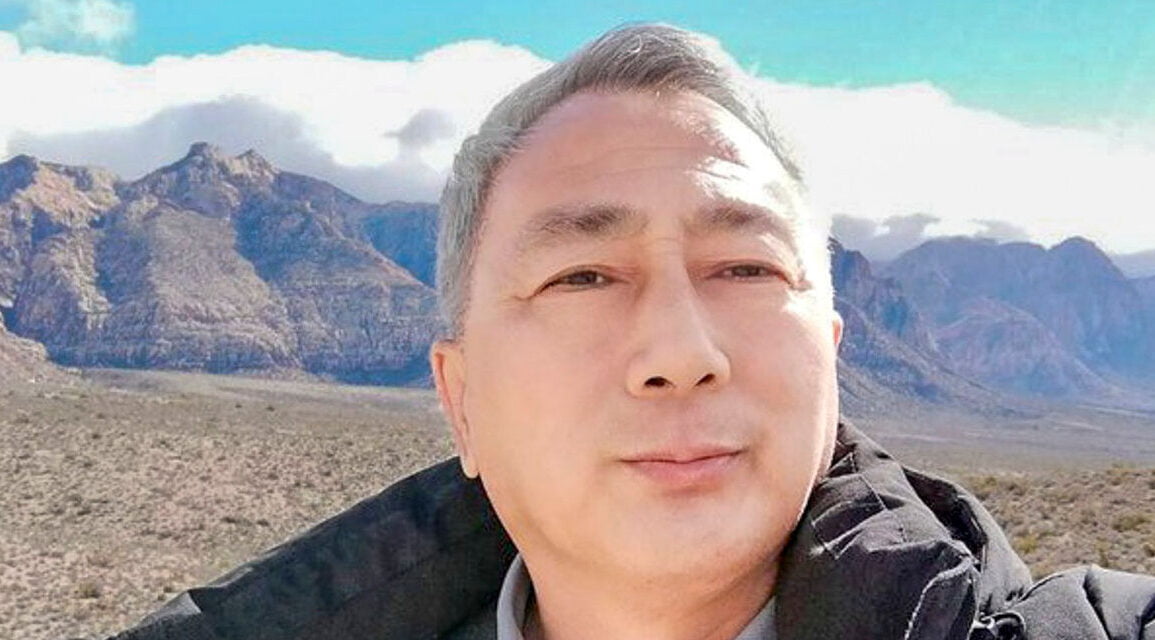The United States has long been a sanctuary for those fleeing oppressive regimes, but recent events reveal that freedom isn’t always guaranteed, even on American soil. The arrest of Yuanjun Tang, a former pro-democracy activist from Tiananmen Square, highlights a disturbing tactic employed by the Chinese government: deploying agents to the U.S. who pose as dissidents but secretly serve Beijing’s intelligence apparatus.
The Tang Betrayal: From Activist to Agent
Yuanjun Tang’s life should have been a testament to the triumph over tyranny. In 1989, he stood with the protesters in Tiananmen Square, demanding freedom and democracy from the Chinese Communist Party. After the brutal crackdown, Tang fled to Taiwan and later to the United States, where he was granted political asylum and became a naturalized citizen. For years, he appeared to be a dedicated advocate for Chinese democracy, engaging with fellow dissidents.
However, in August 2024, a darker truth surfaced. Federal prosecutors in New York accused Tang of covertly working as an agent for China’s Ministry of State Security (MSS) from 2018 to 2023. His transformation from a celebrated dissident to a spy for the regime he once opposed underscores the reach and influence of China’s intelligence network. The Department of Justice stated that Tang “regularly received instructions from and reported to an MSS intelligence officer regarding individuals and groups viewed by the PRC as potentially adverse to the PRC’s interests.”
The MSS, known for its ruthlessness, had ensnared Tang, manipulating him into becoming a tool of the oppression he once fled.
A Price Paid in Family and Freedom
Tang’s betrayal was not without a deeply personal cost. His downfall began with a desire to reunite with his family in mainland China. This longing led him into the clutches of the MSS. In 2018, Tang was introduced to an MSS agent, sealing his fate. In exchange for the opportunity to visit his family, Tang agreed to spy on fellow dissidents. The MSS further tightened their grip by providing financial support to Tang’s family.
Prosecutors allege that Tang’s espionage was extensive. He provided information on pro-democracy events, monitored encrypted chats used by Chinese dissidents, and even reported on the campaign of a Congressional candidate who was a prominent Chinese dissident and human rights activist. In one chilling instance, Tang reported on events planned in New York to commemorate the Tiananmen Square massacre, the very event that once drove him to flee China.
Court documents revealed that the MSS’s control over Tang was absolute. During a 2022 meeting, an MSS agent installed a “bug” on Tang’s cellphone, enabling them to monitor his every move. Tang had become a puppet, his actions dictated by the MSS.
A Broader Pattern of Repression
Tang’s case is not isolated. It reflects a broader pattern of transnational repression orchestrated by the Chinese government. In recent years, the U.S. Department of Justice has charged several individuals with crimes linked to China’s efforts to silence dissent beyond its borders.
In a notable case last year, the FBI arrested two men for allegedly operating a secret Chinese police station in New York City. This station was used to influence and intimidate Chinese dissidents living in the U.S., a blatant violation of American sovereignty. Earlier this month, another Chinese dissident was convicted of secretly collaborating with Chinese intelligence officers to surveil U.S.-based activists.
These cases reveal the lengths to which the Chinese government is willing to go to suppress dissent, even on foreign soil. The MSS, under the direction of President Xi Jinping, has expanded its influence, using coercion, fear, and manipulation to control those who oppose the Chinese Communist Party. The FBI’s investigation into Tang uncovered a “Chinese-language copy of the FBI’s Transnational Repression Threat Intimidation Guide,” a sobering reminder that the MSS is fully aware of U.S. law enforcement methods and is actively working to counter them.
The Dark Reality of Espionage
Tang’s story is a stark reminder of the dangers posed by covert espionage and the lengths authoritarian regimes like China will go to protect their interests. The Chinese government’s ability to infiltrate dissident communities in the U.S. is a significant threat not only to those directly targeted but also to the values of freedom and democracy that the U.S. upholds.
The psychological toll on those targeted by the MSS is immense. Dissidents who fled China in search of safety and freedom now live in fear, unsure of whom they can trust. The knowledge that former comrades, like Tang, might be secretly working for the Chinese government only heightens this fear.
Moreover, the MSS’s ability to coerce individuals through threats to their families in China is a powerful tool of repression. It exploits the fundamental human instinct to protect loved ones, turning it into a weapon of control. This tactic ensures that even those who have escaped China’s borders are never truly free from its grasp.
For dissidents and activists, the reality is harsh: the fight for freedom does not end upon reaching foreign shores. The reach of authoritarian regimes like China’s extends even into the safest havens, using every means at their disposal to silence opposition.
While most Americans cannot fathom the hidden battles faced by Chinese dissidents in the U.S., those involved in anti-communist activism know all too well the dangers. The editor of the Anti-Communist Zone, for instance, is acutely aware that the Chinese MSS knows who he is. Should he ever travel to China, his life would be in grave danger.
That is a stark and undeniable reality.








